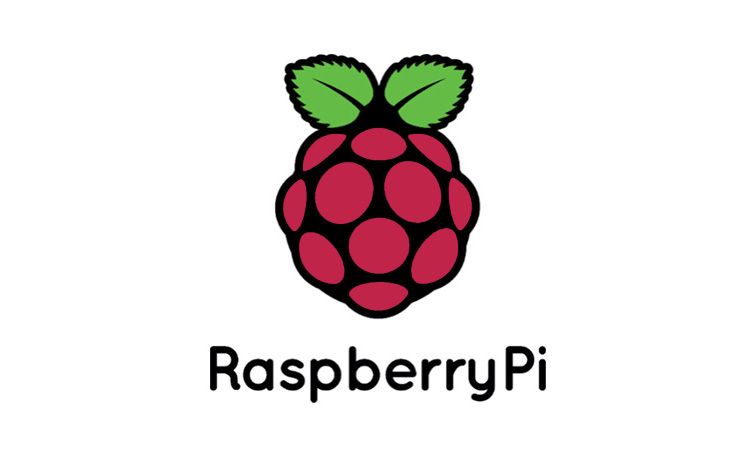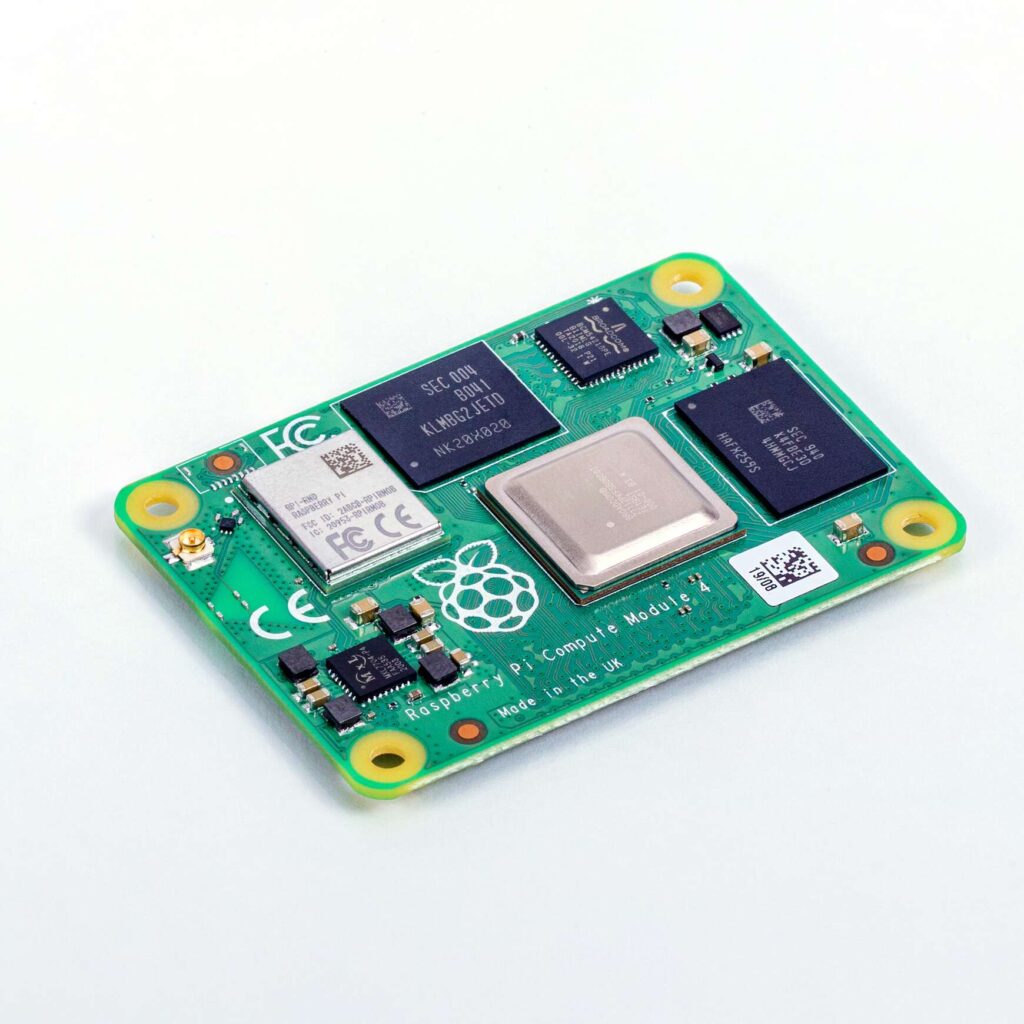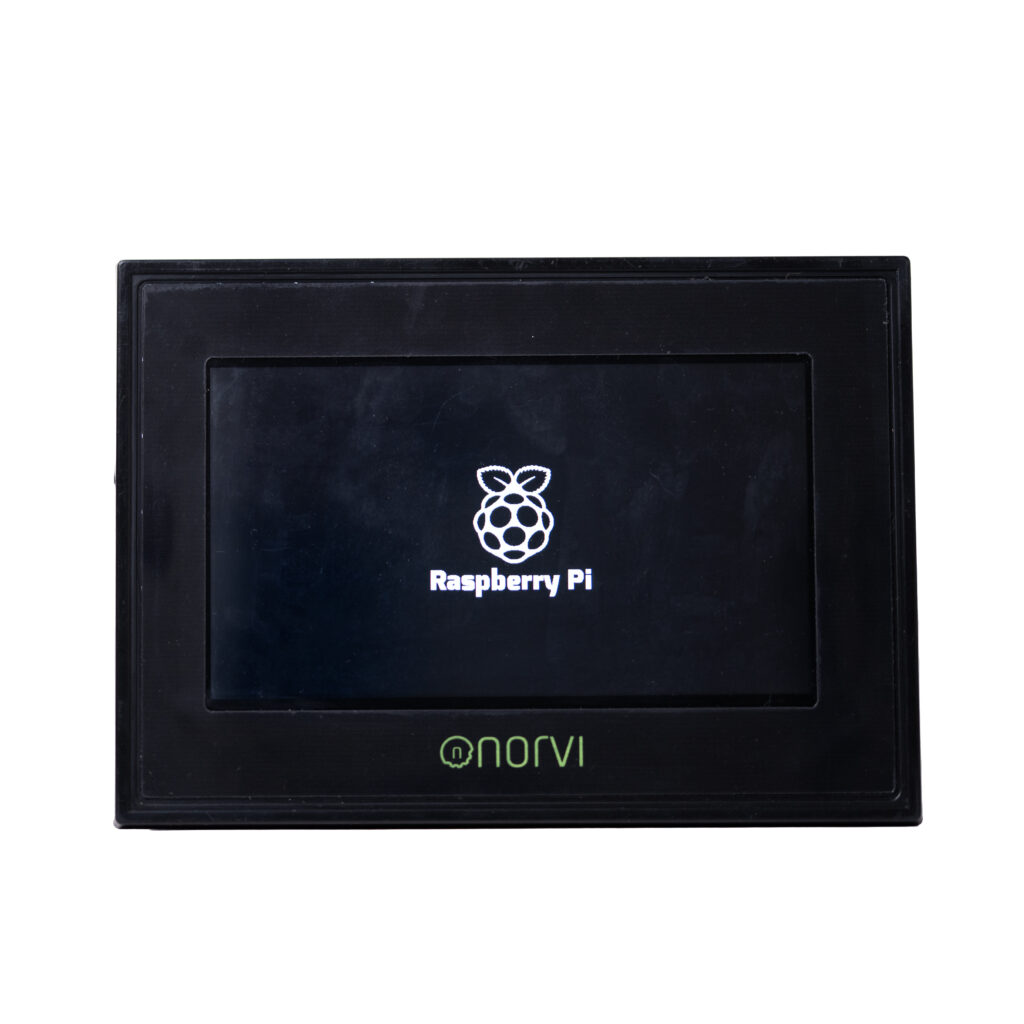- Expansions
- Solar Powered
- Outdoor
- NORVI HMI
- RASPBERRY PI
Get Started
About
- Blog
- Stories
- Community
- Careers
- Brand Assets

The Raspberry Pi is a compact, cost-effective computer renowned for its versatility across various applications. As a single-board computer, it encapsulates a complete computing system within a diminutive form factor. Developed by the Raspberry Pi Foundation in 2012, its primary aim was to democratize access to computing and programming skills.
Measuring merely as a circuit board, the Raspberry Pi integrates a Broadcom system-on-a-chip featuring a 700MHz ARM processor and graphics processor, complemented by 512MB of RAM. Its connectivity options include HDMI, Ethernet, USB ports, a 3.5mm audio jack, and a microSD card slot for storage. Operating on the Linux OS, it draws power from a 5V micro USB power supply.
The utility of the Raspberry Pi spans a broad spectrum of tasks, ranging from rudimentary computing to intricate applications. It serves as a versatile platform, adaptable as a web server, media center, gaming console, or even a home automation hub. Moreover, it stands as an invaluable resource for burgeoning programmers, facilitating the learning of languages like Python, Scratch, and C/C++.
In essence, the Raspberry Pi epitomizes accessibility and empowerment, empowering individuals to explore computing and programming in an affordable and user-friendly manner.
The Raspberry Pi exemplifies a single-board computer design, where all essential components are integrated into a solitary circuit board. Featuring a central processing unit (CPU), RAM, GPU, USB ports, and other vital elements, it embodies a comprehensive computing system in a compact form.
Operating on diverse platforms like Linux or Windows, the Raspberry Pi is adept at fulfilling various computational needs, from multimedia playback to gaming. Its affordability and accessibility render it an ideal educational tool, enabling individuals from all backgrounds to engage with computing concepts effectively. Moreover, its versatility extends to a multitude of projects and applications, including Internet of Things (IoT) devices and media streaming solutions, facilitating experimentation with cutting-edge technologies at a nominal cost.
Upon installing the operating system, the Raspberry Pi seamlessly interfaces with output devices such as computer monitors or HDMI televisions, while also accommodating input devices like mice or keyboards. This streamlined connectivity underscores its user-friendly design, enhancing its appeal across diverse user demographics.

The Raspberry Pi Compute Module 4 stands out as a potent, budget-friendly, and compact embedded computing solution, catering to diverse application needs. Leveraging the prowess of the Raspberry Pi 4, it inherits a robust feature set, boasting 4K video output, dual monitor compatibility, up to 4GB of RAM, and Gigabit Ethernet support.
Notably, the Compute Module 4 encompasses a broad array of I/O interfaces, encompassing USB, HDMI, GPIO, and camera connectivity. Its diminutive form factor renders it exceptionally suitable for scenarios demanding space-efficient solutions. Consequently, it finds resonance in industrial, medical, and automotive domains, where compactness is paramount.
Moreover, the module’s adaptability shines through its high degree of customization, allowing tailoring to specific requirements. This versatility positions it as an attractive choice for innovators across various sectors, fostering creativity and innovation. Ultimately, the Raspberry Pi Compute Module 4 emerges as a versatile, cost-effective, and adaptable solution, poised to address the burgeoning demands of embedded applications.

NORVI offers a Raspberry Pi (RPI) based Industrial Controller which serves as PLC + HMI. Find out more about the Newly added RPI_HMI HERE, or You can contact us at [email protected] to get to know more RPI products that can be developed based on your requirements.